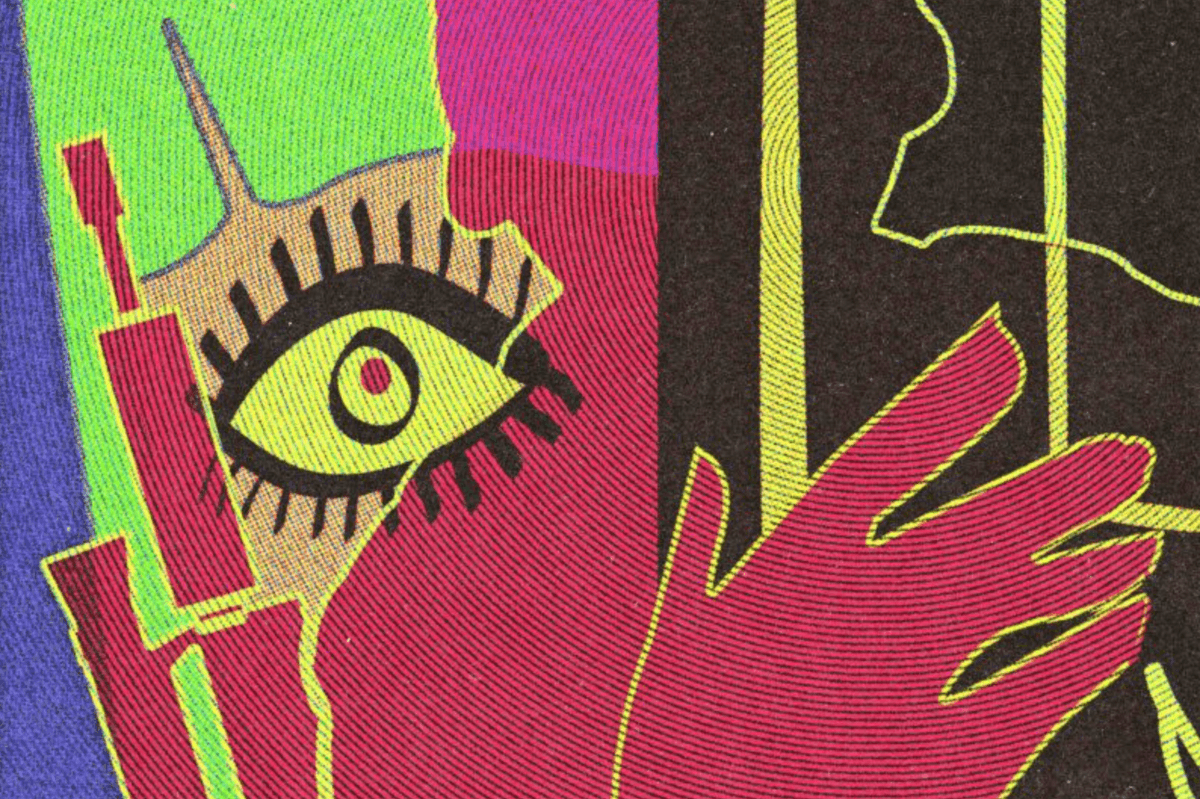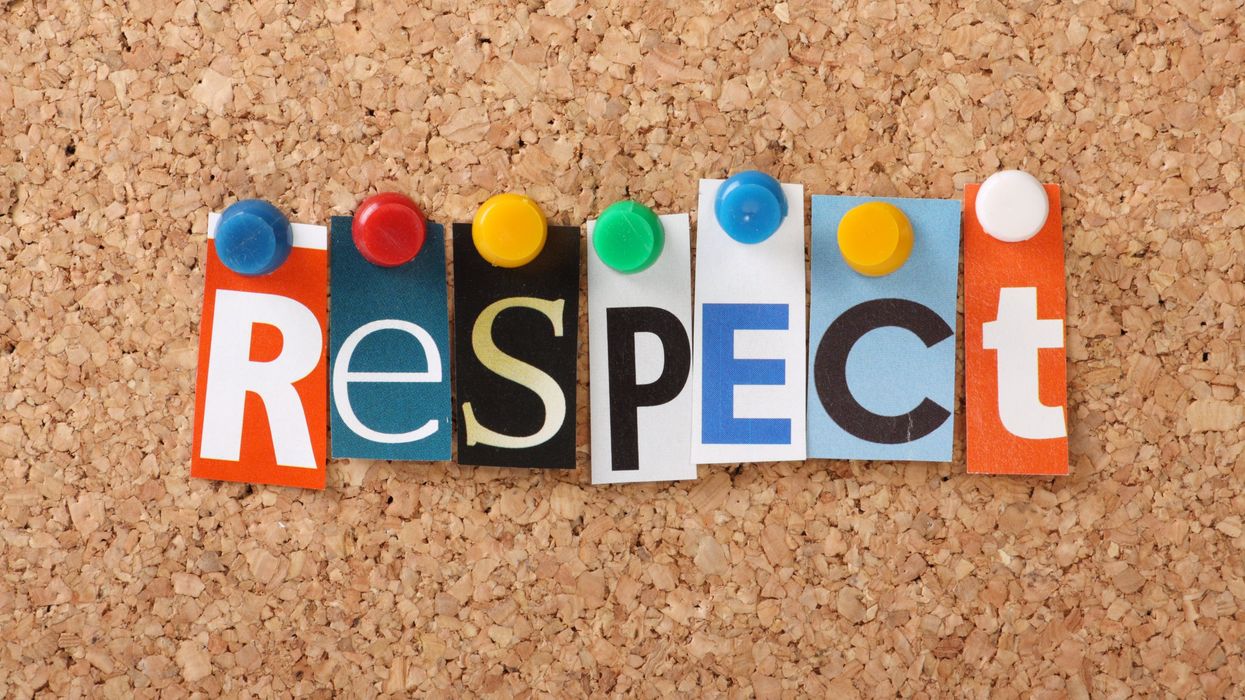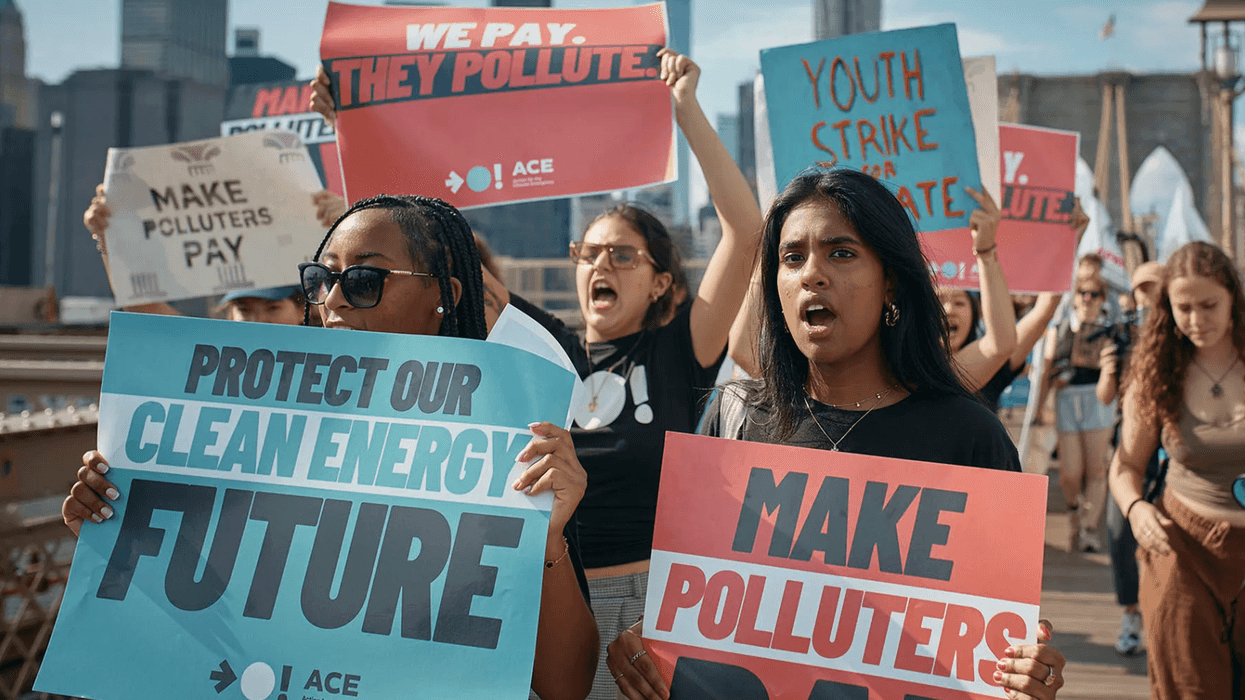Marinace is the coordinator of the Return2Respect movement.
My first thought was to extol the virtues of respect. However, we all know respect is good and right and necessary. But do we really know the impacts of disrespect on individuals and our democratic principles?
Disrespect manifests itself through incivility, impacting how people relate to one another. A 2012 survey conducted by PRRI showed 82 percent of Americans believed lack of civil discourse among politicians was a serious problem. By 2023, a Pew study showed it still at 84 percent.
According to an Arizona Law Review report by Tony Massaro and Robin Stryker, civility requires “resbuilpect for all views and the actors who hold them” and participants “must observe rules of engagement that are mutually respectful.”
University of Rome professor Sara Bentivegna and University of Siena assistant professor Rossella Rega assert that incivility, therefore, translates as a "lack of respect for shared principles and democratic traditions,” and further that “incivility de-legitimizes democratic politics.”
Politics should not be viewed as winning an argument but as a cooperative effort seeking the best results. However, Penn State University professor Thomas Benson notes that “ incivility is itself a tactic in political discourse, employed as an indicator of sincerity, as a marker of the high stakes in a disagreement.”
Incivility, overall, often results in the loss of reasoned decision-making because it “leads to a breakdown of political discourse,” even “excluding groups of people from the discussion” according to Zizi Papacharissi of Temple University. By preventing discussion of varying views, it negatively impacts issues leading to a loss of trust, polarization and gridlock, according to Stryker.
Kevin Coe1, Kate Kenski2,3, & Stephen A. Rains2 1 Department of Communication, University of Utah, Salt Lake City, UT 84112, USA 2 Department of Communication, University of Arizona, Tucson, AZ 85721, USA 3 Department of Government & Public Policy, University of Arizona, Tucson, AZ 85721, US
What is incivility? Incivility includes dysphemism (derogatory language), rhetoric (loaded language), outrage and polarization. Combined this leads to deeply disrespectful attitudes. Kevin Coe of the University of Utah and Kate Kenski and Stephen Rains of the University of Arizona say such “ a lack of respect is likely to adversely affect democracy.” According to Massaro and Styker, it “culminates in a winner take all attitude where compromise and ability to engage in discussions are lost.”
Dysphemism is rude and insulting, although comedians sometimes use it as a form of humor. In “ Carnival Culture,” James Twitchell wrote that “we live in a vulgar world through mass media attempting to entertain and amuse.” Christopher Lasch attributes it to “ the growth of vulgarity beginning in 1960’s show business.” Massaro and Stryker conclude it is meant to break social convention and has “led to lies and grossly misleading assertions by political candidates and officials” ,with “freedom to insult others in terms that are disgusting, outrageous, blasphemous, and overtly and undeniably racist.”
Rhetoric is meant to influence audiences. Using emotions, it evokes “ strong reactions beyond their literal meaning,” according to Jürgen Habernas. Rhetoric skews the understanding of issues by appealing to emotion, presenting a scenario that brings instant excitement and acceptance rather than fairness and considered judgment. This can result in loss of friendships, alienation and anger.
Politicians develop rhetoric to persuade. They say “invest” rather than “spend,” and “public servants” rather than “bureaucrats.” However, when used “to minimize the seriousness of a situation”, it disrespects the nation’s needs through “doubt and delay” according to Alexander Gazmararian.
Yale professor Vahideh Manshadi says the media also uses "more biased words, especially since 9/11,” and more “loaded political meaning,” instead of their former “credible and trustworthy” goals. This bravado draws viewer attention but “ arouses more intense dissatisfaction with ideas or people,” according to the University of Pennsylvania’s Diana Mutz, further impacting our interactions with others.
As incivility grows, outrage develops. Tufts University’s Jeffrey Berry and Sarah Sobieraj explain that outrage discourse provokes “a visceral response” and includes “insulting language, name-calling, character assassination, misrepresentative exaggeration, belittlement,” and extreme and emotional language. “Anger, fear, or moral righteousness” grows through “overgeneralizations, sensationalism, misleading or patently inaccurate information,” personal attacks and partial truths.
According to a 2023 Psychology Today report, “hurtful words damage the brain,” especially in young teens. Disrespect is a learned behavior with children exposed to it daily. As far back as 2006, a KAPPAN survey showed only 12 percent of our population believed that children and adolescents treat people with respect; 61 percent believed they don’t learn respect.
Incivility overall leads to polarization. Beginning in government, they feed off each other, resulting in less faith in government, and government unable to cooperate or coordinate, causing even less faith in government. Those actions filter down to us, the public, resulting in disrespect for and isolation from each other. We cannot continue to tolerate intolerance, lies and grossly misleading assertions to the detriment of our personal lives and our democratic principles. Incivility has existed in some form throughout history, but today it is “ not the presence of incivility but the intensity and form of the anxiety," according to Shelley Lane, associate professor at the University of Texas at Dallas, and Helen McCourt, an adjunct instructor at Collin College.
What can we do? The Massaro-Stryker research concludes we need everyone to encourage more reasonable discussions, “to encourage others to do the same,” to spread stronger civility “in diverse settings, including formal political institutions and the media.” If successful, it says over time “the power of a raised eyebrow” or “smile of approval can be a fulcrum for meaningful change.” A Weber-Shandwick report concludes: “if Americans can commit to small step solutions, we may find the beginnings of a cure for what ails us all.”
Return2respect provides individuals, businesses, organizations and communities with the opportunity to begin the small steps through a petition telling our politicians and the media we need them to be better role models for us. Our “Tip your hat for Respect” photos engage others in a light-hearted yet impactful way to begin the way forward. This can spread by challenging others to join in, growing a viral movement making respect a hallmark for 2024 and beyond.
This is not a bid to return to some imaginary utopian past. It is a bid to lower the temperature, as some elected leaders, including President Joe Biden have recently implored. As actor Denzel Washington recently commented: “I can’t wait until morals, respect and intelligence become a trend again.”
Visit Return2Respect now and get started. Civility can begin (or end) with us.




















